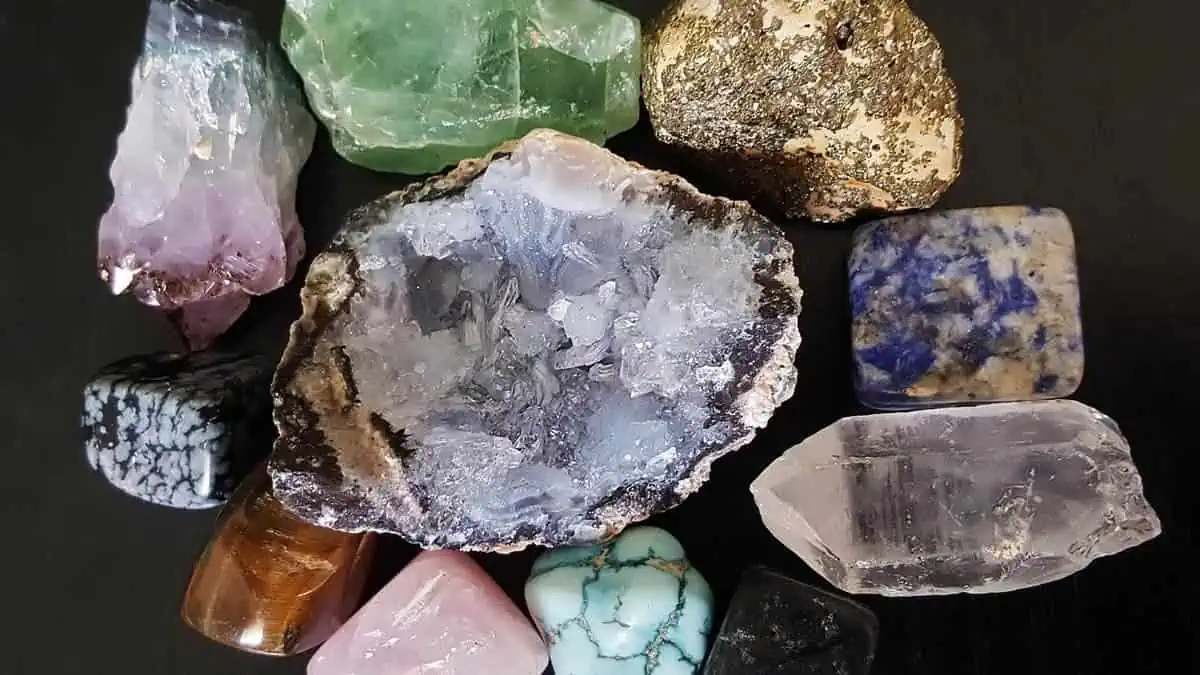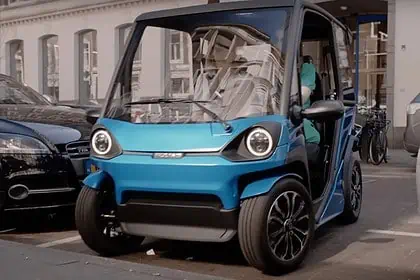The Japanese Government is looking to partner with Australia and Canada to secure critical minerals and rare earths for electric vehicle batteries, Nikkei Asia reports, citing a Japanese official.
Notably, the move is part of the country’s efforts to reduce its heavy reliance on China for such resources.
Report highlights
Japan may follow in the South Korean Government’s footsteps towards partnering with the two Commonwealth countries for raw battery materials.
The report claims that Japanese officials have been negotiating with their counterparts in Australia and Canada amid the US’ push for a China-free supply chain network.
The Japanese official reportedly told the publication that the two countries advanced as its top two candidates because they “share the same sense of caution against China.”
It further indicated the previous meeting between Japanese and Australian officials in June, indicating that the two countries committed to conducting more meetings to negotiate supply chain development that “does not depend on China.”
After that, Japan’s Trade Minister, along with established battery firms’ officials, visited Canada in September. According to the report, this is the first meeting of its kind to take place in Canada in the past decade.
Significance
Australia has over 50% of the lithium reserves in the world, as noted by the IEA. However, China remains the top lithium producer, with a 65% global share of the global processing and refining industry.
That said, Japan’s decision to turn to Australia for battery raw materials will significantly weaken China’s dominance in the global lithium and battery industry.
It will give them a chance to catch up and boost their economy. For instance, the Biden Administration officially redefined Australian mining firms as “domestic suppliers, as reported by Drive. It provided funds for relevant projects included in the US Defence Production Act.
The US also imposed the Inflation Reduction Act to offer up to $7,500 tax credits for qualified EV buyers. The EV’s battery minerals must at least have 40% content from a US-based supplier or a trade partner. This percentage will increase to 80% by 2027.
See Also:
- China to dethrone Japan as the World’s biggest car exporter thanks to growing EV adoption
- Australia: Tesla Model Y advances as the top-selling SUV in May
- China’s lithium prices decline by 50%
- China: Lithium prices per ton dropped below key level
- Albemarle boosts bid to Australian lithium miner to almost $4.3 billion
Such partnerships among countries are crucial to boost their electric vehicle and battery industry. It will also allow them to cut their heavy dependence on China, which continues to control the global market.






